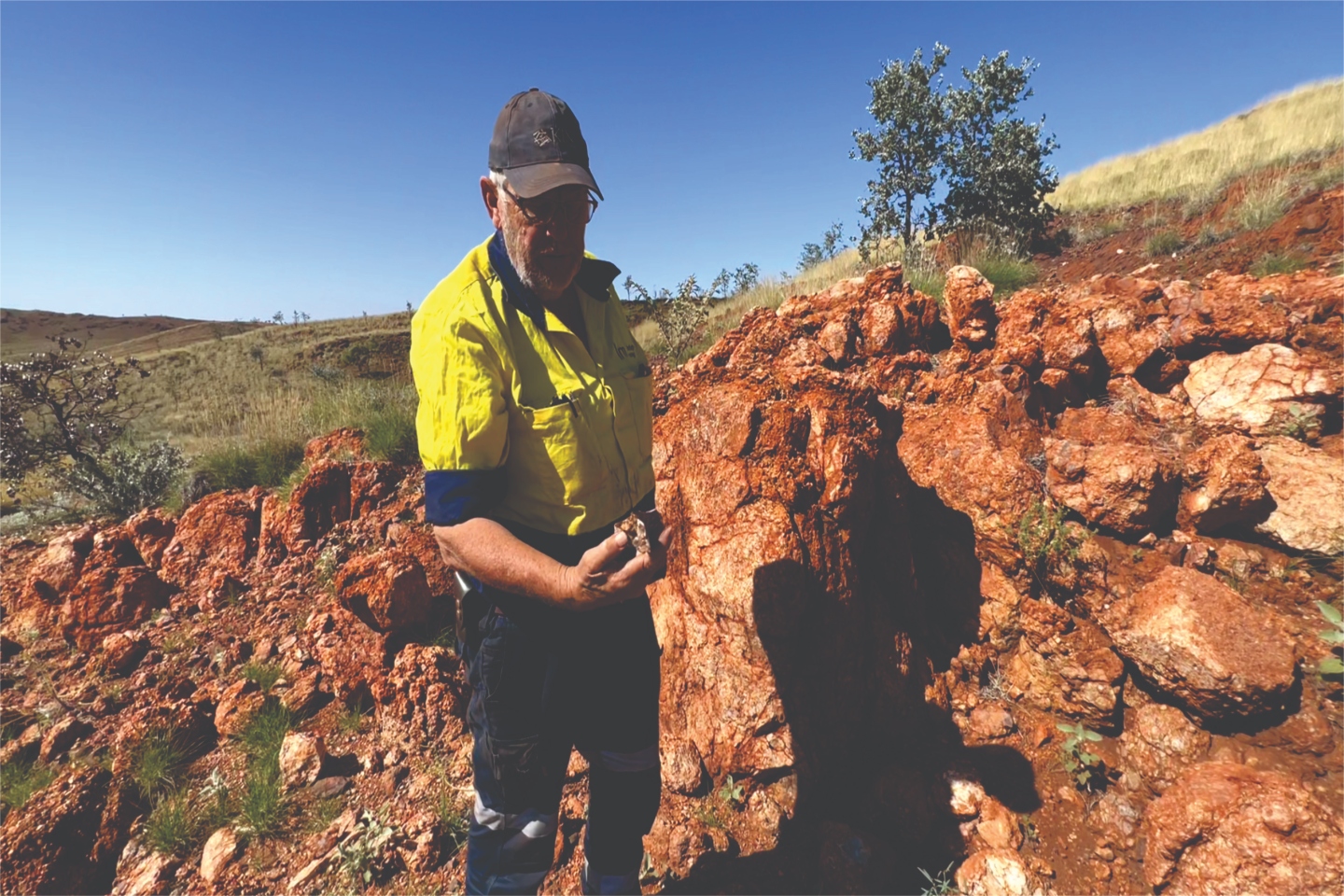Infinity Mining will launch a new survey technique at its Tambourah South lithium project in the Pilbara region of WA that uses real-time data processing to model a 3D map of the underlying geology of the site.
The Ambient Noise Tomography, or “ANT” survey technology allows the explorer to map in 3D down to several hundred metres where lithium, caesium and tantalum-rich pegmatites identified at surface have grown at depth.
Infinity believes the 3D model should show if the pegmatites are thickening up or merging with other pegmatites in addition to possibly identifying concealed flat lying pegmatites that don’t have surface expressions. Extensions of favourable host rock units and structural controls on pegmatite development should also be mapped in 3D.
An ANT survey covers a much greater area at significantly lower cost than drilling, allowing Infinity to refine and update the next stage of its exploration campaigns.
In November Infinity wrapped up its maiden RC drilling campaign at Tambourah South with visible lepidolite and spodumene spotted in 18 of the 21 holes sunk for 1812m. Whilst assays are currently still undergoing analysis, previous rock chip samples and field mapping have confirmed the presence of lithium-rubidium bearing pegmatities.
Infinity Mining Chief Executive Officer, Joe Groot said: “The ANT technique is relatively easy to deploy, data is recovered in real time and requires no ongoing field work once in place. If the technique proves useful at Tambourah South, Infinity could also deploy it at selected other tenements where cover and topography are hindering surface exploration and drill targeting.”
The Queensland-based explorer has high hopes for Tambourah South that lies in the greenstones on the east margin of the Yule Batholith which hosts the relatively younger and lithium fertile Tambourah Monzogranite.
In August, the company’s mapping and rock chip geochemistry identified 36 pegmatite dykes returning grades up to 2.635 per cent lithium oxide, 0.0662 per cent rubidium and 611.3 parts per million caesium.
In total, 25 samples returned more than 1 per cent lithium oxide with 14 returning more than 1.5 per cent and six more than 2 per cent.
In addition to Infinity’s existing data from its previous exploration programs, the company says its ANT data will greatly help with a better understanding of Tambourah South’s pegmatites and overall geology to assist with targeting and discovery of concealed pegmatite bodies.
Is your ASX-listed company doing something interesting? Contact: matt.birney@businessnews.com.au














